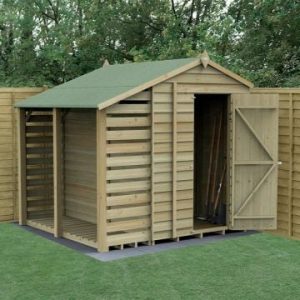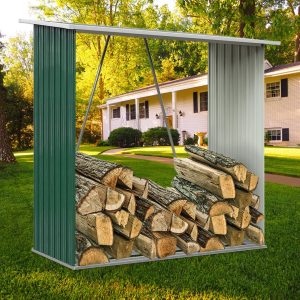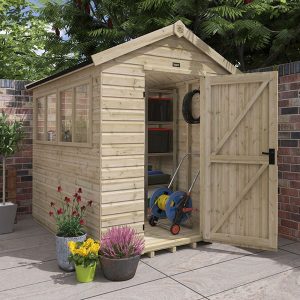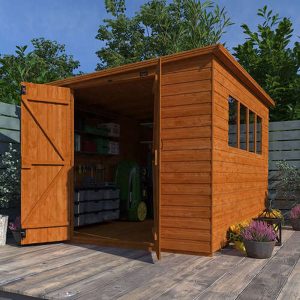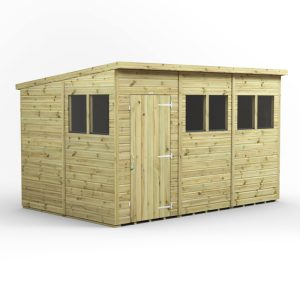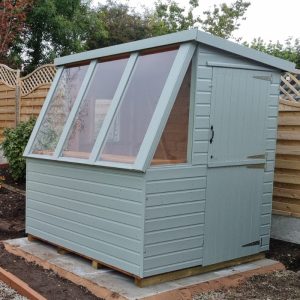Whenever the need arises for a temporary outdoor sanctuary, consider selecting this product from Outsunny. Crafted with steel for the framework, this sturdy construction remains stable and is simple to assemble and disassemble, complete with pegs and cordage for added security on more yielding terrain. A complete waterproof and partly-reflective PE cover delivers safeguarding in all climates, ensuring the space below stays dry and cool. The unit also includes a spacious zippered entrance, offering seclusion and seamless entry when necessary, and can be easily secured in an open position as well. A convenient solution for transiently shielding your vehicles and outdoor possessions from dirt and moisture.









